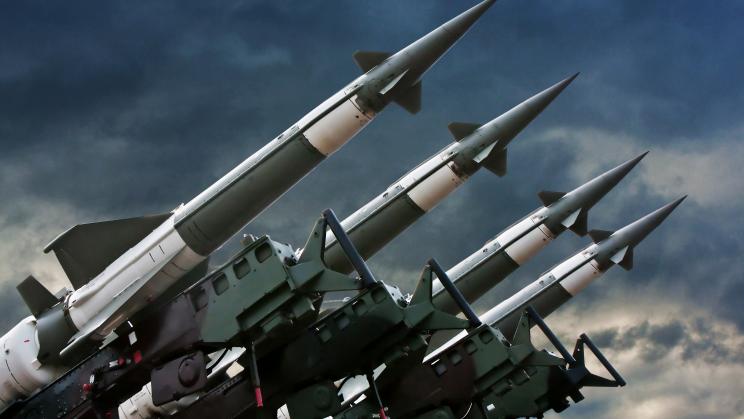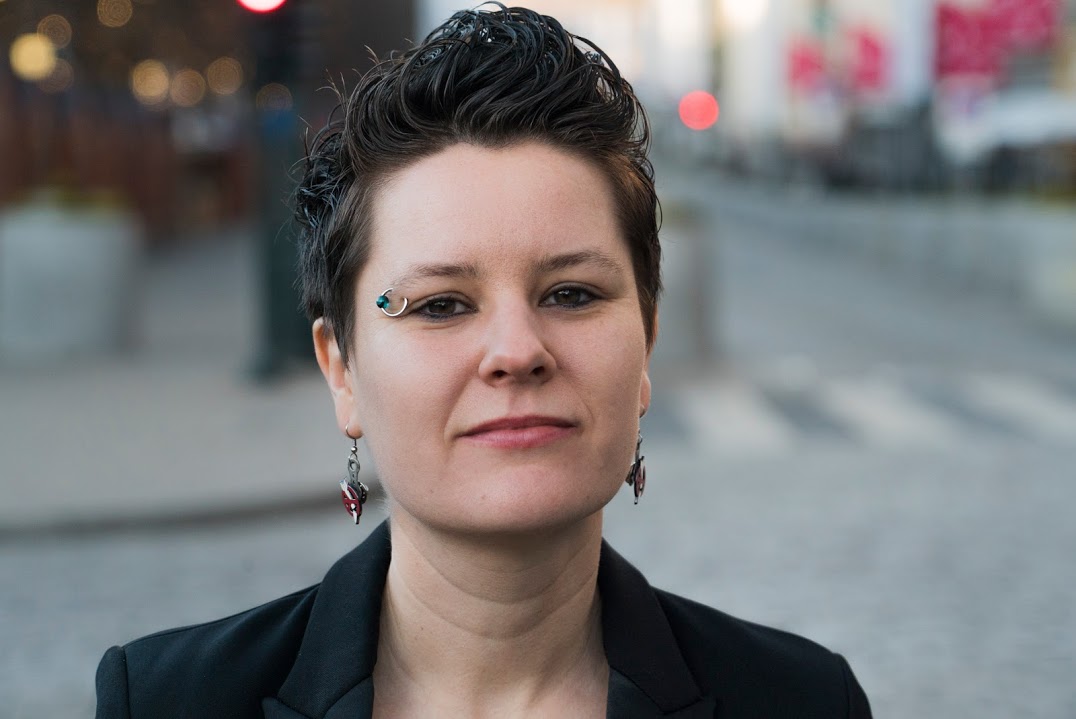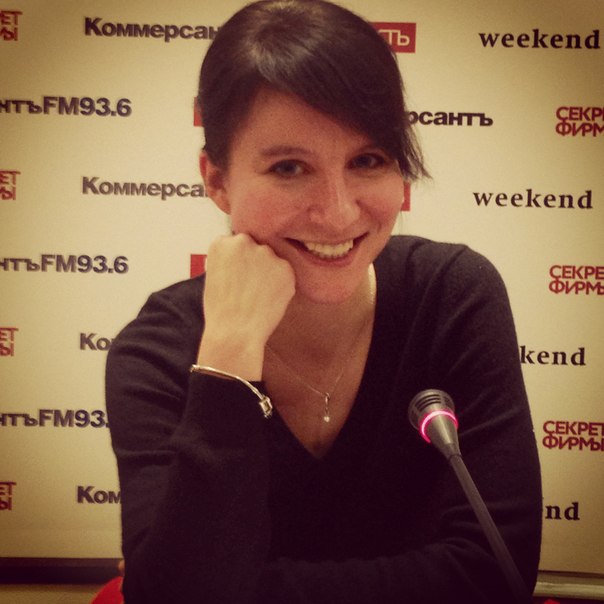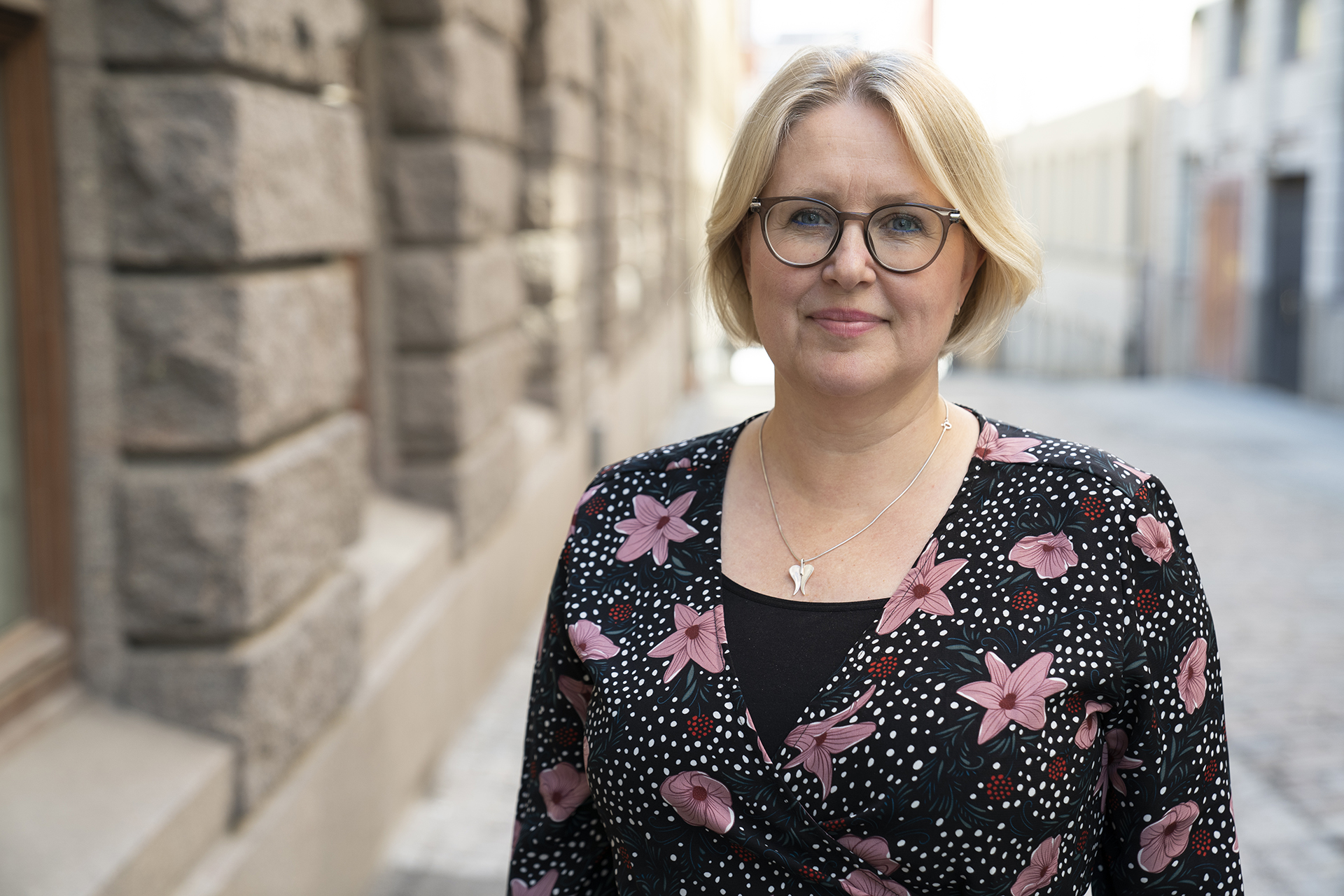
19 November 2020 16:00–17:30 (CET)
Click here to register.
This session will examine the status of nuclear arms control and disarmament efforts against the background of the COVID-19 pandemic. Several diplomatic initiatives crucial for making progress on nuclear disarmament were deadlocked long before the pandemic. In this context, many have concluded that it is more realistic to focus on near-term nuclear risk-reduction measures, rather than on the disarmament steps that were previously agreed in the context of the 1968 Treaty on the Non-Proliferation of Nuclear Weapons (Non-Proliferation Treaty, NPT). Others have responded to the situation by calling for complete and long-term disarmament more forcefully, based on the 2017 Treaty on the Prohibition of Nuclear Weapons (TPNW). COVID-19 has further complicated efforts to take forward the multilateral disarmament agenda, notably by prompting the decision to postpone the tenth NPT Review Conference (RevCon). In addition to ways of addressing the longstanding bottleneck issues in these circumstances, the session will consider the consequences of the continued lack of progress on taking concrete and actionable steps toward nuclear disarmament on the global non-proliferation regime and the existential risks posed by nuclear weapons.
The webinar will address the following questions:
- What are the prospects for nuclear arms control and disarmament efforts over the next decade? Is the COVID-19 pandemic affecting or preventing the diplomatic processes, dialogues and confidence- and transparency-building measures needed to advance these efforts and, if so, in what ways?
- Could the postponement of the 10th NPT RevCon lead to a different outcome than was expected in 2020? Does the plan of the five NPT nuclear weapon states to bring doctrinal discussions to the NPT context provide an opportunity for more in-depth dialogue on how the perceived obstacles to disarmament could be addressed?
- What are likely to be the new challenges to nuclear arms control and disarmament efforts in the future? In particular, what will be the implications of new and emerging technologies for current offensive and defensive strategic systems? Are there ways to pave the way for a new arms control agenda despite the current hiatus in nuclear diplomacy?
Moderator
|
|
Dr Beyza Unal Dr Beyza Unal is the deputy director with the International Security programme at Chatham House. She covers science, technology, security and defence portfolio, specializing in the interaction between emerging technology applications and security. Her research includes nuclear weapons policy, cyber, space, and critical national infrastructure security, quantum technologies, and artificial intelligence applications. Beyza also leads on NATO’s security and defence policy at Chatham House. She formerly worked in the Strategic Analysis Branch at NATO Allied Command and Transformation, taught International Relations, transcribed interviews on Turkish political history, and served as an international election observer during the 2010 Iraqi parliamentary elections. |
Discussants

|
Ray Acheson Ray Acheson is the Director of Reaching Critical Will, the disarmament programme of the Women’s International League for Peace and Freedom(WILPF), which brings an intersectional feminist analysis of weapons and war to intergovernmental disarmament processes. Ray represents WILPF on the International Steering Group of the International Campaign to Abolish Nuclear Weapons (ICAN), which won the 2017 Nobel Peace Prize for highlighting the humanitarian consequences of nuclear weapons and for working with governments to negotiate and adopt the Treaty on the Prohibition of Nuclear Weapons. They have an Honours BA in Peace and Conflict Studies from the University of Toronto and an MA in Politics from The New School for Social Research.
|
|
|
Elena Chernenko Special Correspondent at the Kommersant daily newspaper in Moscow, where she focuses on issues of cyber diplomacy, non-proliferation and arms control. PhD in History. Member of Presidium of the Council on Foreign and Defence Policy (SVOP) and the Council of the PIR-Center. |
|
|
Gaukhar Mukhatzhanova Gaukhar Mukhatzhanova is Director of the International Organizations and Non-Proliferation Program at the Vienna Center for Disarmament and Non-Proliferation (VCDNP). Her interests include international non-proliferation organisations and regimes, international negotiations and the role of cross-regional coalitions, nuclear-weapon-free zones, and proliferation theory. Sheserved as an expert on the delegation of Kazakhstan to the 2010 Non-Proliferation Treaty (NPT) Review Conference and the delegation of Chile to the 2015 NPT Review Conference. She is a principal author of a series of reports monitoring implementation of the 2010 NPT Action Plan. She is also a co-author of Nuclear Politics and the Non-Aligned Movement: Principles versus Pragmatism (Routledge, 2012) and co-editor of Forecasting Nuclear Proliferation in the 21st Century (Stanford University Press, 2010). |
|
|
Ambassador Ann-Sofie Nilsson Ann-Sofie Nilsson is Ambassador for Disarmament and Non-proliferation at the Swedish Ministry for Foreign Affairs in Stockholm. She joined the Ministry for Foreign Affairs 1996 and has served as Director-General for International Development Cooperation and Coordinator to the Minister for International Cooperation. Her postings abroad include appointments as Swedish Consul General in Jerusalem and Head of Swedish Liaison Office in Pristina. In addition, she held positions at embassies in Amman and Sarajevo. She has been working for UNHCR in field position. Ambassador Nilsson holds a Bachelor’s degree in Behavioural Research from Stockholm University, in addition to Developmental and Law studies. |
For additional information on this webinar, please contact the SSC 2020 Team at sthlmseccon@sipri.org.


